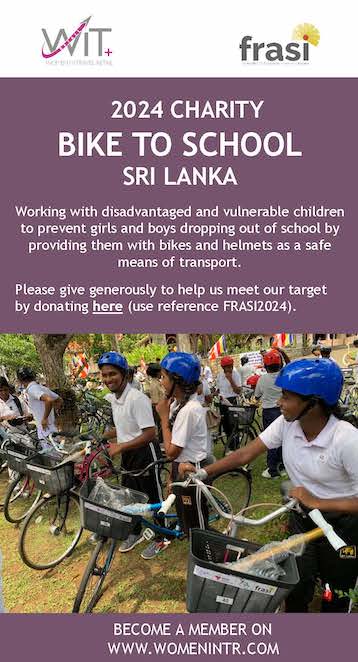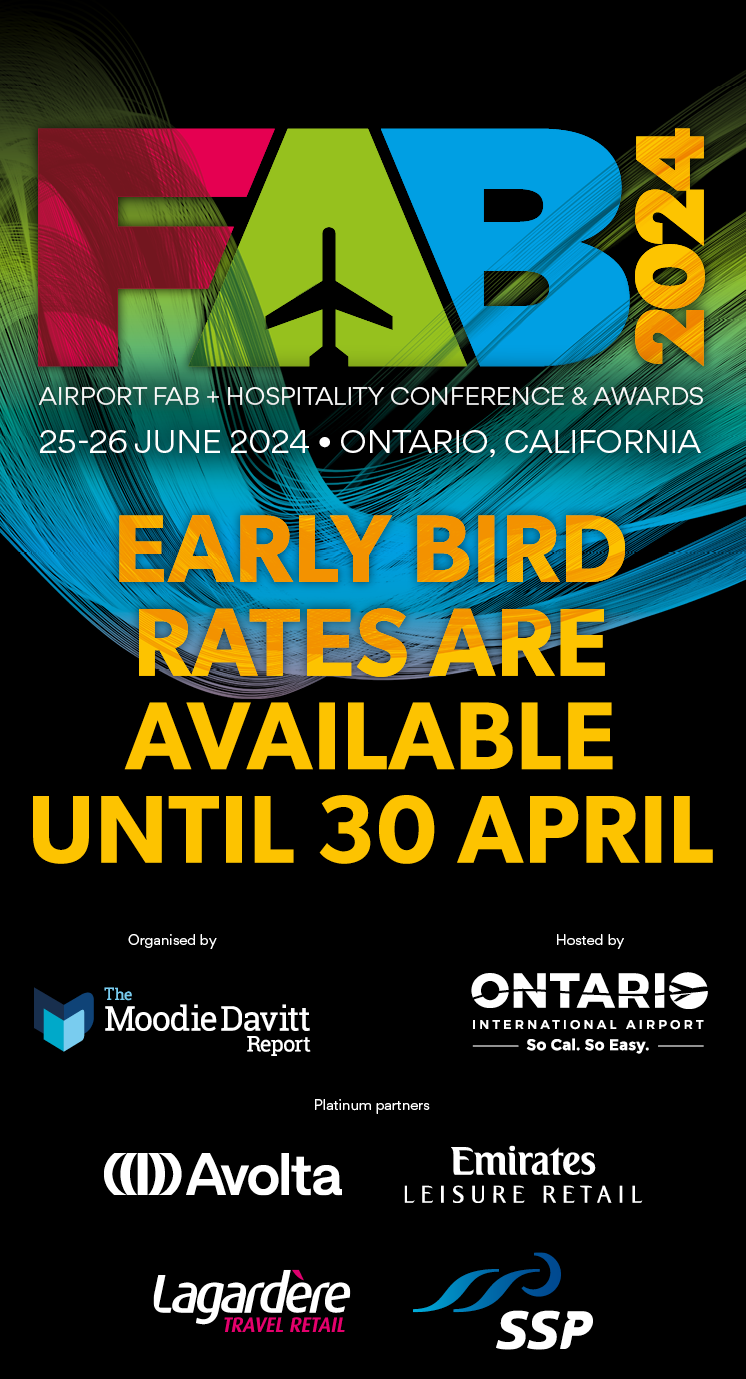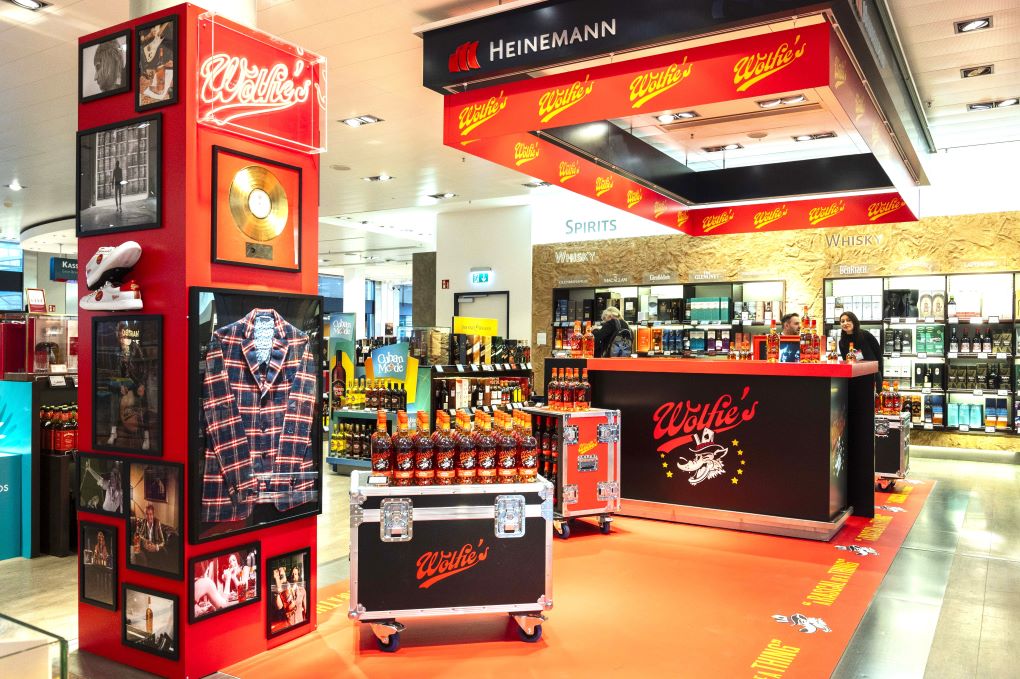 Introduction: Since its foundation in 1991 by Colin Evans, Collinson has grown into a world leader in the travel services & benefits sector. When the COVID-19 pandemic struck in early 2020, the company pivoted impressively to adapt its joint heritage of providing medical and security assistance as well as a wide array of traveller services to a complex and ever-changing travel landscape.
Introduction: Since its foundation in 1991 by Colin Evans, Collinson has grown into a world leader in the travel services & benefits sector. When the COVID-19 pandemic struck in early 2020, the company pivoted impressively to adapt its joint heritage of providing medical and security assistance as well as a wide array of traveller services to a complex and ever-changing travel landscape.
Martin Moodie spoke to Collinson President Asia Pacific & Collinson International Board Member, Hong Kong-based Todd Handcock, about how the company is faring and what he identifies as the key issues.
Martin Moodie: Todd, let’s start with your overview of the Asia Pacific travel market in terms of the COVID-19 crisis.
Todd Handcock: Unfortunately, as a region we were first in [with the problems of this crisis] and I think of the developed markets we’re going to be the last out. That really comes down to a couple of things. One of them is vaccination rates – we’ve seen very few markets [in Asia Pacific] where we have had the level of vaccination rates that we have seen in some of the western countries.
The second issue is that we have governments in this region which are more cautious, let’s say. So we have some populations where the vaccination rates are getting up to reasonable levels, but you still have the long quarantine periods. You’ve just so many different factors that are coming into play because we have a risk averse region as a whole.
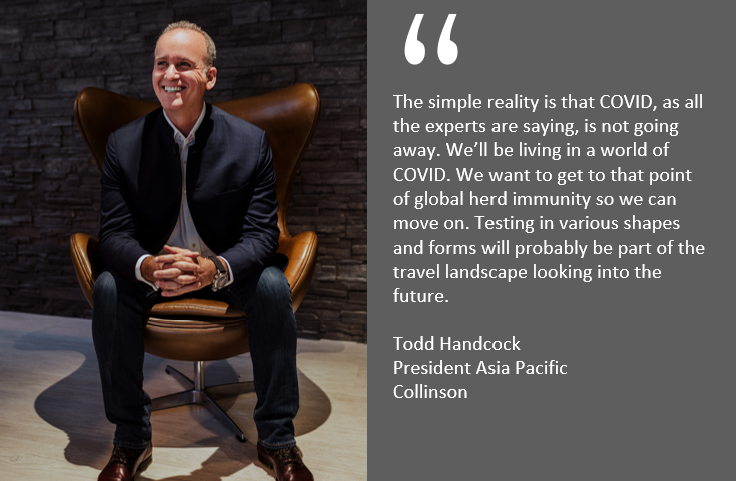
What role do you think COVID-19 testing will play in the future of travel?
We believe it’s definitely here to stay for another two to three years, until such time as the world can get to that point of global herd immunity.
Collinson recently completed a study with CAPA in which we spoke to 330 travel experts and 51% of respondents located in Asia Pacific felt that robust testing is going to be here at least till the end of 2022. Another 32% felt it would be here for another three years and only 13% felt that it was going to be phased out by the end of this year. I would suggest that that 13% is reducing as we get closer to the year end.

Testing and vaccinations are not mutually exclusive. They’re both part of that comprehensive process that we are living with right now. And we do see that those will probably coexist for some time to come.
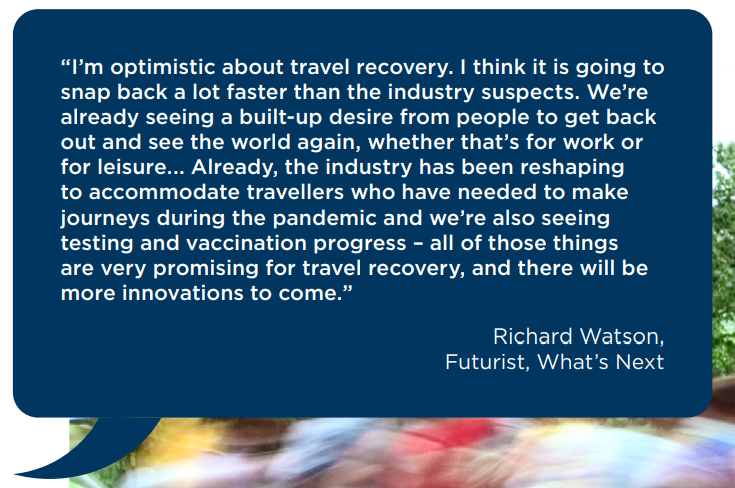
Collinson pivoted very fast once the pandemic struck. Tell me about the company’s move into the COVID-19 testing arena, and how you have collaborated with other stakeholders in the travel ecosystem.
We have a long history of working in the travel medical space because of our travel assistance business in the travel risk management area. Collinson already had medical professionals on our staff and worked with a lot of medical clinics around the world. So we have a strong network in this area.
We established the philosophy early on that we wanted to help get the world safely travelling again and leverage our skills and expertise in that area to do so. We’ve worked with a number of stakeholders globally in the travel ecosystem such as airlines, airports and governments, aiming towards that goal.

Leveraging our existing expertise has been critical to that. We’re now in partnership with 30-plus airlines, airports and health passport providers. That includes the likes of Singapore Airlines, Scoot, Qantas, Cathay Pacific, Virgin Atlantic, London City Airport, Manchester Airport Group and Dallas Fort Worth International Airport.
We have also partnered with IATA, VeriFLY and CommonPass on this whole concept of digital passports. There’s no single one that will win out, but we think the ones from these kinds of ‘neutral’ organisations probably have a better shot of being successful.

In terms of where you’re going next in Asia Pacific with testing, I guess in such a fluid, fast-moving landscape you’re virtually learning and adapting as you go?
Certainly. We became experts in the vacuum of not having experts out there. We did have people like Dr. Simon Worrell, who is our Global Medical Director, who have a large amount of experience of pandemics in the past. So it’s not like we’re complete rookies, but in terms of this concept of testing, it has been a lot of learning.
We are continually monitoring the global situation and as I often say when I’m having these kinds of discussions, “By the time we’re done with this conversation, something will have changed somewhere”.
We’re seeing some regions, for example different parts of Europe where antigen tests and self-administered tests are being accepted. You’ve got the TTR (test to release) situation in the UK which has shortened over time how many days of quarantine there are.
So we’re continuously looking at what’s changing. How do we make sure that what we have available in our different markets is aligned to the government regulations that are changing very quickly?
The simple reality is that COVID, as all the experts are saying, is not going away. We’ll be living in a world of COVID. We want to get to that point of global herd immunity so we can move on. Testing in various shapes and forms will probably be part of the travel landscape looking into the future.
Tell us more about the company’s work on digital passports.
We’ve been working closely with a number of different ones as I mentioned earlier – IATA, VeriFLY and CommonPass. There are a lot of complexities around this – there will be operational complexities, interoperability challenges, personal data concerns, data sovereignty concerns and issues of trust, both between public and government and government to government.

So it’s very important that you have organisations that are neutral in what they’re doing. And important that they are very focused on their solutions being protective of personal data sovereignty. We have been working on a number of pilots, a number of integrations with VeriFLY, IATA and CommonPass, and that’s all aimed at addressing this challenge.
The other challenge is fraudulent activity – fraudulent vaccination records, fraudulent PCR test results, etc. So these digital health passports can help to address that concern around fraudulent activity as well.
Can we get to a state of nirvana with a globalised digital health passport?
I’ll be honest with you, Martin, I think it’s probably a bit of a pipe dream. Some of the providers started off thinking that they would have their own proprietary systems. They also thought that they wouldn’t have to be interoperable with others. I think most of them now have concluded that they have to be interoperable because if, say, Singapore chooses to work with IATA and Hong Kong chooses to work with CommonPass then there has to be interoperability or the two don’t come together.
We’re a long way away from the nirvana. But at the same time, if you take a look at the world of normal passports, you could travel the world with a passport and while you might get in somewhere like Vietnam with a visa on arrival, somebody else with another passport cannot. So those kind of things – albeit with a different set of challenges – have to be solved with a digital health passport. It will get there eventually, but it’s currently a long way away.
There is always acute sensitivity around personal data being shared and with health data involved I suspect that the stakes are raised. How do you handle data concerns and is there a solution?
There are some good solutions out there and the organisations I’ve talked to are all using these, where the actual personal data is not transferred, it’s a QR code-based block chain. Capabilities like that where the personal data of the individual is not transferred but the test results associated with the codified result are.
So there are ways of doing it. And this isn’t new. In the financial services space for example, you can transfer very high levels of secure data without transferring personal data in the process.
Traveller attitudes and certainly traveller needs have changed since the pandemic began. How do you stay in tune with that kind of evolution?
One common theme that we’ve seen since the start of the pandemic in terms of traveller needs evolving is around health and safety – that being the absolute number one priority for almost every traveller that we survey. We’ve recently conducted a traveller sentiment survey of Priority Pass Members with over 46,000 respondents and for example with airport lounge access, 40% of Asia Pacific travellers surveyed (48% globally) are intending to use lounge access more than they did pre-pandemic.
A recent survey came out with the results on the safest airports in the world, so travellers are looking at these things now. They want to know that if the airline that they’re flying on, the facilities of the lounge operator they use, and the airport that they’re accessing, are safe. Is it certified? Have they done all the safety protocols?
In our lounges we’re doing things such as digital F&B ordering, digital entry and obviously we’ve implemented a whole bunch of new health and safety protocols to make sure of cleanliness. All those kinds of things have been upgraded.
You make a very good point about the safe haven of the airport lounge. Do you think that has a knock-on effect for other activities in airports such as shopping and food and beverage?
I do, Martin. And, as you know, we have an investment through Collinson into Inflyter which is doing a lot of work around digital ordering with the duty free retailers and so on. We very much see a future where people will be sitting in a ‘safe haven’ in one of our lounges and using their proprietary app [Collinson-owned] Priority Pass to place an order at JFK Airport for duty free with DFS for example.

Our survey of 46,000 travellers showed that 53% of Asia Pacific respondents indicated that social distancing plus contactless transactions were really important to them for the future. I’m not sure if it’s anytime soon that we’re going to be in a situation where you’ll see retail operations jam-packed like we may have seen in the past.
At the same time, it doesn’t mean that the desire of travellers to shop and to purchase has gone away. We’re seeing through your Moodie Davitt website with some of the traveller statistics in some locations, there’s some pretty nice numbers going on from a travel retail perspective. But we do believe there’s going to need to be more of this contactless type ordering going forward.
Here’s the $64 million dollar question. When’s it all going to come back, travel-wise? Some say 2024 and I have also seen 2025 in other research. When do you believe we will see 2019 numbers again?
If I take a personal view, it’s probably 2023. I feel a little bit nervous making that prediction for Asia Pacific. I hope it is 2023, but I’m a little cautious in saying that.
I wonder Todd if the industry just needs to get on with dealing with the reality that is in front of them as opposed to pining for a return to 2019 numbers.
I think so. I think anyone who has a business plan that is waiting for 2019 numbers to come back would be in error. You’ve got to plan for the future and I am happy to say that we have done so. If you take a look at the Priority Pass side of our business, we’ve taken this downtime to actually invest and grow what we’re doing in the airport lounge space.
We’ve participated in the acquisition of the No1 Lounges through our Airport Dimensions business in partnership with Swissport. We’re adding over 100 new airport experiences [to the Priority Pass app] beyond just lounges this year alone.

We’re also adding over 150 lounges in 2021 – and have already added almost 100 of those so far. We’re taking the perspective that we can’t wait for 2019 to come back but right now there is actually an opportunity to take a breather, to take a look around us, to make investments.
So when we get to the end of this crisis, whether it’s 2023 or 2024, we’ll actually be a much stronger organisation than we were coming into it. And we were already the market leader.

The question of travel risk management and duty of care
What are your thoughts on the return of business travel? We have all become so accustomed to working via Zoom, Microsoft Teams, Ten Cent Meeting and so on. Do you think that will seriously undermine the revival of business travel?
I think it will have an impact but at the same time, nothing replaces face-to-face. Nothing replaces the dinner you and I had in Hong Kong a few weeks ago. Even with our own board, we’re trying to figure out how we get all of us together. Because the efficiency of having a face-to-face board meeting is so much more efficient than trying to do it over Zoom or Teams or anything else.
“The implications for directors of companies are significant. Employees, as they start to travel again, want to know that they’ve been taken care of by their companies. They want to know they’re safe.”
The depth of relationship that we establish between business partners and customers is so much deeper. You can’t replace the ability to have a meeting and then have a coffee, a glass of wine, a lunch or a dinner on Zoom. So while it will have an impact and probably some business travel budgets will be reduced, there are some companies that are planning significantly higher travel budgets for the year ahead because there is pent-up demand for this kind of travel.
I’d also like to touch upon that from a different perspective, because the pandemic has meant that for directors of companies the need to focus on travel risk management has never been higher. It’s never been as focused in board meetings and C-levels as it is today.
As you take a look at what’s coming down the track, in the next couple months the new ISO 31030 standard will be in place. This will be a benchmark for international companies to create and review their travel risk management programmes and their duty of care requirements.
The implications for directors of companies are significant. Employees, as they start to travel again, want to know that they’ve been taken care of by their companies. They want to know they’re safe. Their family members, their husbands, their wives, their partners want to know that the companies that they’re travelling for are taking care of them.
This is a significant development that isn’t fully being realised yet – but it will be on the agenda in board meetings. The actions that still need to be taken are still being built, still being planned.
Collinson joins the dots as I return to the skies From administrating tests to providing results, Collinson delivers what it dubs a turn-key solution. All its protocols are overseen by in-house medical experts, and, dependent on test type, are carried out either on site or with the company’s accredited testing partners. Its solutions are tailored to individual or corporate requirements, and can include models such as test-and-release, test-to-fly, test-on-arrival, and others based on destination entry requirements. Welcome then to the new parlance of air travel. |
What are you advising businesses in terms of protecting their staff when they travel and this issue of duty of care?
The first point is awareness. So if an organisation has put travel risk management programmes in place, make sure that the employees are aware of them.
Pre-pandemic, we did a survey and only 51% of employees that worked for companies that had proper travel risk management programmes they had invested in actually knew what they were about and what they meant. And only 20% of that group actually felt confident in those services, which is really scary when you now overlay a pandemic on top of that.
Employees need to know that they’re supported. So the first thing is to put the right programmes in place but then make sure that you’re educating the employees about them. Having travel risk managers inside the business is important and enlisting the services of a third party – medical travel risk management companies such as Collinson – is vital because it’s not one size fits all.
You’ve got to make sure that the travel risk programmes that you’re putting in place include things like tracking solutions – your business traveller’s itinerary with geotracking so we know where you are if there’s a fourth wave in a certain location.
The reason I didn’t go to see my Dad last weekend in Kelowna [a city in Canada] while I am in Canada was because there was a fourth wave happening there. But if an employer sent me to Kelowna and the fourth wave broke out, they need to know where that employee is. So there’s a number of different component parts that need to be taken care of.
We’re encouraging people to take a look at the new ISO standards coming out and to engage experts. Don’t try and sticky tape it internally because something will go wrong. There are serious implications for a director if something goes wrong and some jurisdictions are significant.
The whole question of employer liability must be pretty high on most corporate agendas right now one would suspect.
We don’t want to get into fear mongering, but on a very basic level, if you’re a director of a UK business and you’re deemed to have not put the right precautions in place and a serious incident occurs involving a travelling employee, then as a director, you could face charges.
These are the kinds of implications that many directors and companies don’t actually realise right now.
It is jurisdictional dependent, of course. There’s been some really scary things that have happened to directors in the past in India, for example. So corporate awareness is really important.
Changing tack, how does your Priority Pass business look today compared to pre-pandemic?
Being rooted in the travel sector, Priority Pass has of course been affected by what’s happened. Luckily, at Collinson, we have a diverse business and we’ve been able to pivot it in different ways. We’ve been able to use the time to invest back into Priority Pass. We’ve seen the safe haven mentality start to come out with passengers, which is fantastic.
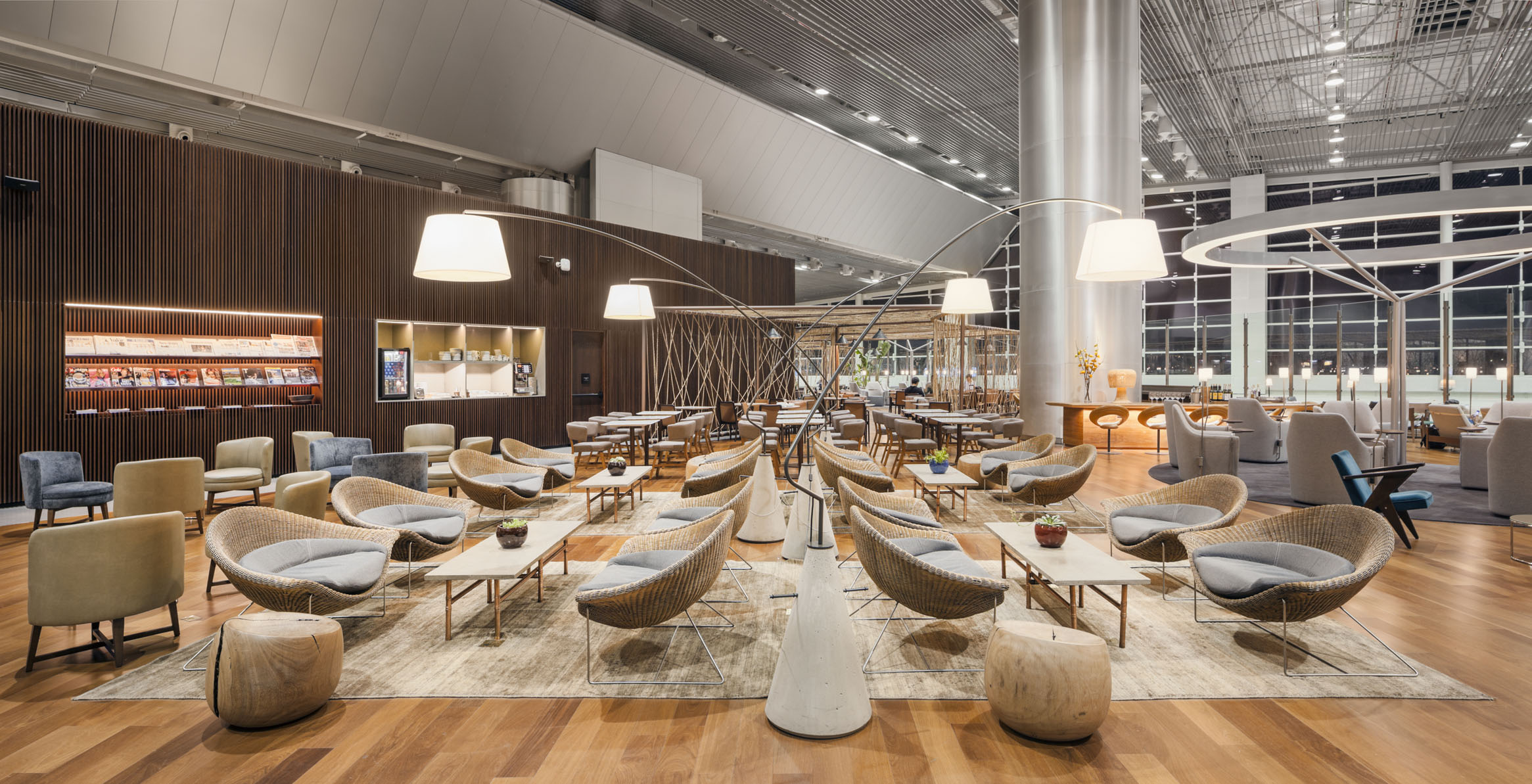
We announced a 20% expansion of our lounges globally with 150 new airport lounges in the Priority Pass programme by the end of the year. Priority Pass’s sister company Airport Dimensions’ recent joint venture acquisition of No1 Lounges has added another nine lounges. As well as their recent JPMorgan Chase partnership that will include a new lounge at Hong Kong International Airport, as one of the locations for the new Chase Sapphire Lounge by The Club concept – I’m really excited about that opening within the near future. LaGuardia and Boston Logan airports are also part of that.
Back where it all began and a Flying Kiwi again After the long flight from Hong Kong, the Test-on-Arrival at the Collinson centre at Heathrow Terminal 5 was a breeze thanks to the efficiency of Sebastien on the front desk and the appropriately named Grace who performed the Nasopharyngeal Swab.
The next evening I was emailed my result – negative I am pleased to say – so can now look forward to my optional Test-to-Release on Day 5, Friday (my only fear is that all these Nasopharyngeal Swabs will play havoc with my wine nosing ability) before a final Day 8 Test-on-Arrival. |
In Brazil. we’ve also just announced the new Ambaar Club lounge concept that will be brought into the Priority Pass network. So for us with Priority Pass it’s been a period of reflection, taking a step back and looking at what we need to do as we move forward, but it’s also been very much a period of investment.
The safe haven you are creating in your lounges will drive increased passenger volume. How do you balance that against some of the health and safety measures you’re no doubt putting in place around distancing?
This is part of the investment in capacity, in additional lounges, because we will have a period of time where social distancing requirements mean that you can have less people in any individual lounge. But, as I say, we’re continuing to invest in additional capacity as we move forward. At the same time, we have lounges in different parts of the world where capacity’s not our problem right now.
So as a Priority Pass member, if I walk into one of your lounges, what am I going to see? What’s the consumer experience in terms of that health and safety dynamic?
You’ll see new health and safety in terms of the cleanliness, the masks, the plastic dividers, all those basic things that you would expect to see in any F&B type of a situation right now in the world. You’ll also see digital entry, so no more handing across a plastic card.
You will also see digital F&B ordering at select locations. So you walk into the lounge, scan a QR code and that menu pops up on your phone. You put in the location that you’re sitting in and order your food. That food gets delivered to you. No more buffet-type environments.
And in terms of Priority Pass, can you share any plans for Asia Pacific going forward?
We’ll continue to expand. We’ve recently announced a fantastic partnership with a China-based airline. We’ve got pretty interesting things happening in some markets in Southeast Asia that I can’t reveal at this moment.
We also have some interesting things happening expansion-wise in markets such as India, Australia and Korea. And it’s not just the lounges but continuing to hatch the experience for the Priority Pass member.
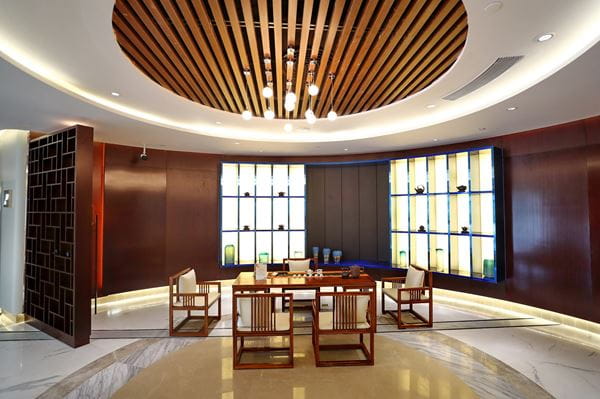
The Collinson story is a very impressive one, both historically but also in terms of how you have adapted and evolved during this pandemic. Can you sum up how you feel about prospects for the group with a particular focus on the Asia Pacific market?
I’m extremely positive, Martin. We are cautious in the immediate period. But as we look forward, the investments we’re making, the agility that we’ve shown as an organisation at all levels – whether that be at the board level or all the way down to our most junior individuals – and the entrepreneurial spirit that we’ve been able to show is I think second to none.
If you look back in time, the whole concept of the independent airport lounge access programme was at Colin Evans’ [Founder and Chairman of Collinson Group] inception. And it’s exciting to say that 30 years on, we’re continuing to be innovators and we’ve used this period of time to innovate and to grow.
Footnote: The Moodie Davitt Report has launched a new publication titled Airport Consumer Experience.The newsletter, in association with Airport Dimensions, is dedicated to airport guest services and experiences.To subscribe free of charge please email Sinead@MoodieDavittReport.com headed ‘Airport Customer Experience’. All stories are archived on the Airport Consumer Experience page on this website.
About CollinsonCollinson is a global leader in the provision of traveller experiences including airport lounge access and medical and security assistance and travel medical services. Collinson’s traveller experiences include the world’s leading airport lounge and experiences programme, Priority Pass, as well as travel insurance, identity assistance, flight delay, international health and travel risk management solutions. Collinson has over 2,000 employees operating out of 17 locations globally, working to deliver a broad range of traveller experiences that ensure the safety, welfare and comfort of 55 million people as they travel for business and leisure around the world. Its travel medical and security assistance business unit has over 55 years’ experience in the delivery of international medical assistance and emergency care, including the handling of pandemics such as Ebola, Zika and the coronavirus. Last year alone, Collinson responded to over 95,000 emergency calls, managed over 40,000 medical cases and conducted over 3,000 aero-medical evacuations across the 170 locations it serves. Company clients include American Express, Cathay Pacific, CBA, Mastercard, UnionPay and Visa. About Priority PassPriority Pass is the original and market-leading airport experiences programme operated by Collinson. It provides frequent travellers access to over 1,300 lounges and airport experiences in over 650 airports across 148 locations, including a growing number of airport dining and spa offerings worldwide that can be accessed in the same way as lounges. Using the Priority Pass app for iOS and Android, members can quickly and easily discover locations welcoming Priority Pass, instantly check their visit entitlements and use their Digital Membership Card to access airport lounges and experiences. |







